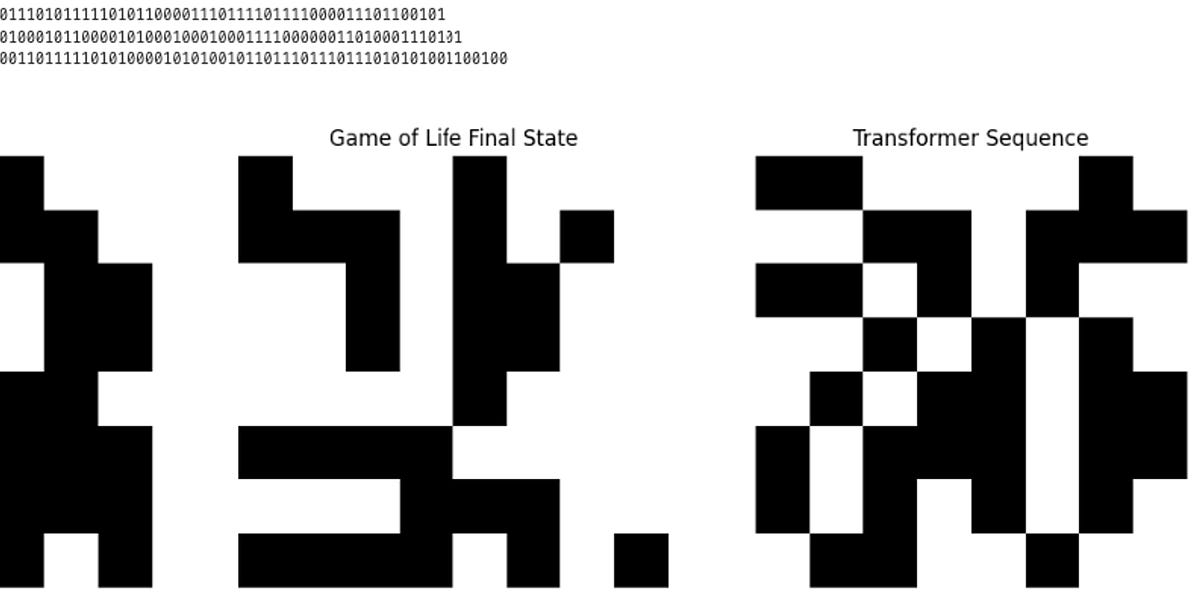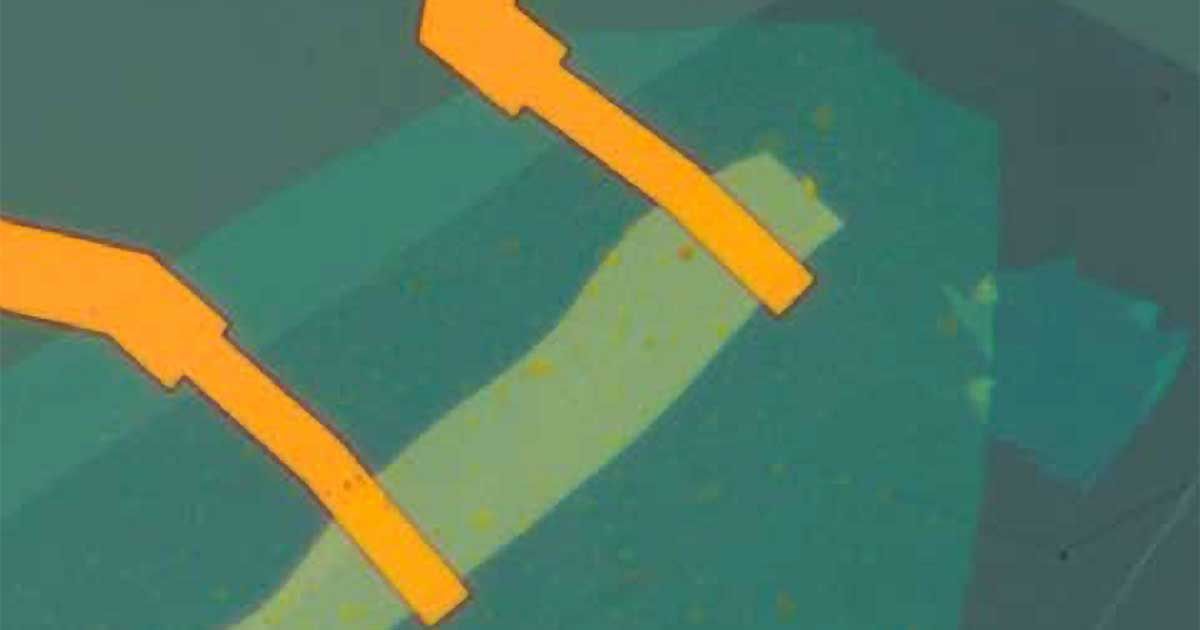
5,000 Times Faster than Flash Memory's 2D Cousin
A 2D cousin of flash memory is not only roughly 5,000 times faster, but can store multiple bits of data instead of just zeroes and ones, a new study finds.
Flash drives, hard disks, magnetic tape and other forms of non-volatile memory help store data even after the power is removed. One key weakness of these devices is how they are often slow, typically requiring at least hundreds of microseconds to write data, a few orders of magnitude longer than their volatile counterparts.
Now researchers have developed non-volatile memory that only takes nanoseconds to write data. This makes it thousands of times faster than commercial flash memory and roughly as speedy as the dynamic RAM found in most computers. They detailed their findings online this month in the journal Nature Nanotechnology.
The new device is made of layers of atomically thin 2-D materials. Previous research found that when two or more atomically thin layers of different materials are placed on top of each other to form so-called heterostructures, novel hybrid properties can emerge. These layers are typically held together by weak electric forces known as van der Waals interactions, the same forces that often make adhesive tapes sticky.

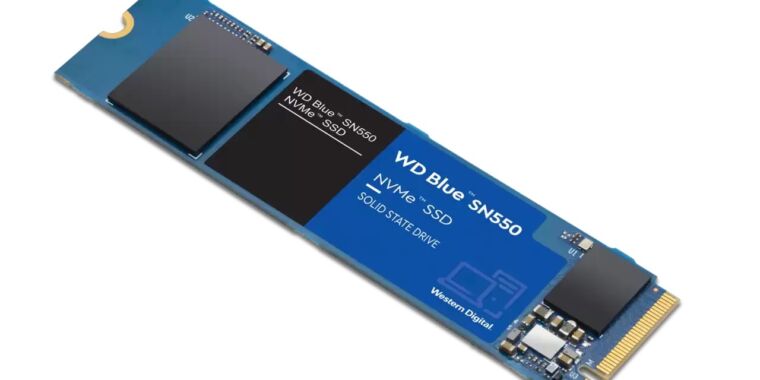
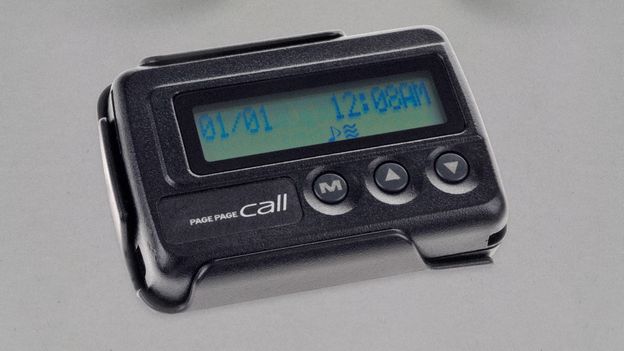





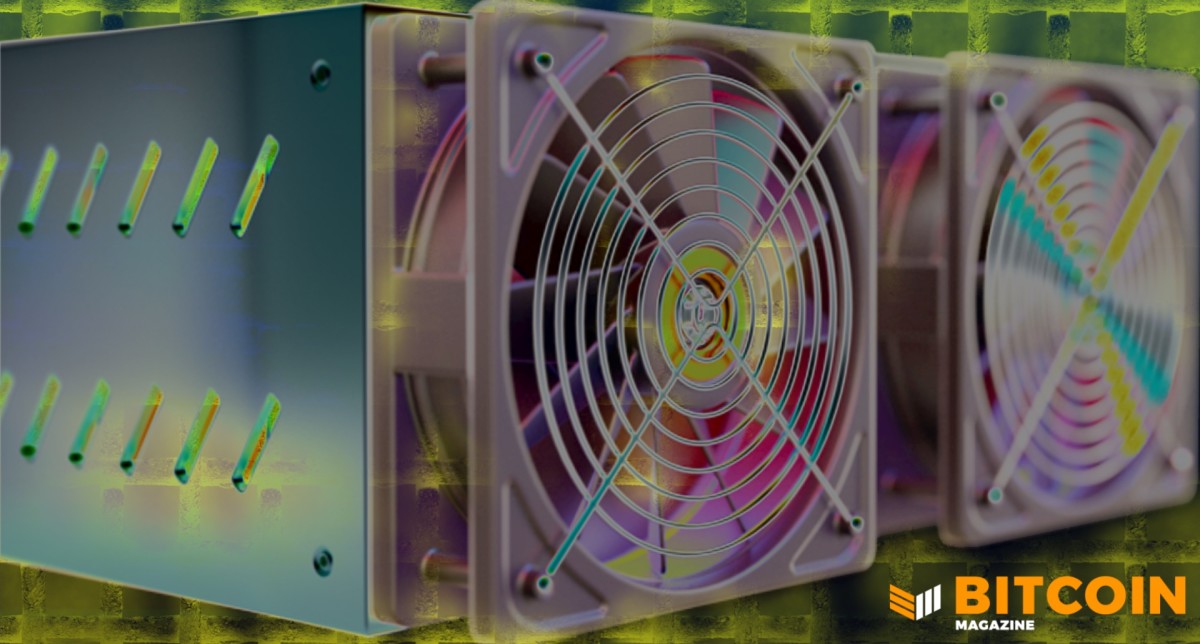





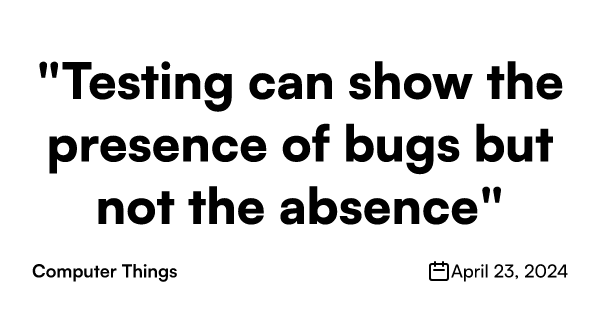



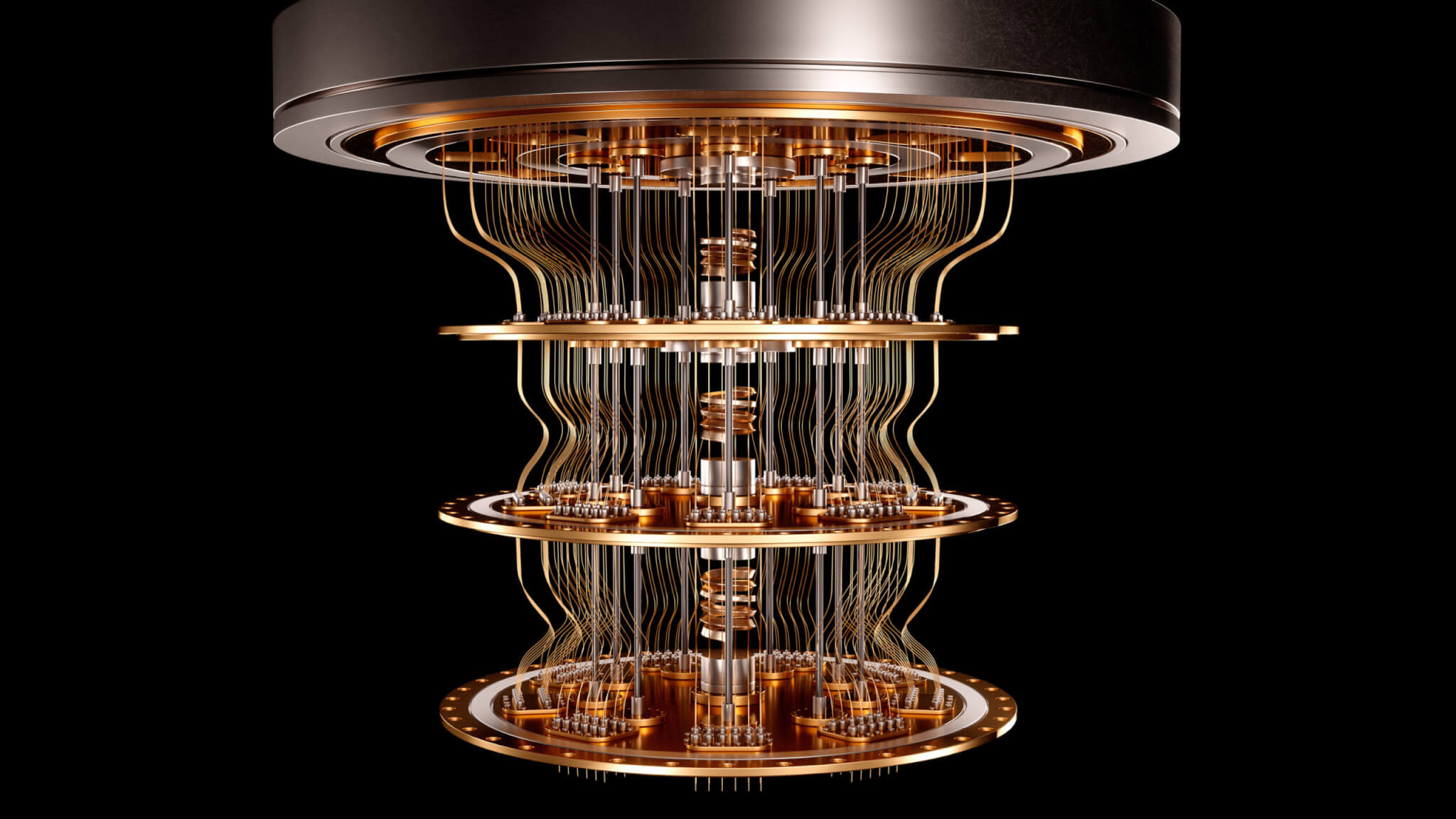


/cdn.vox-cdn.com/uploads/chorus_asset/file/25415324/startmenuads.jpg)
